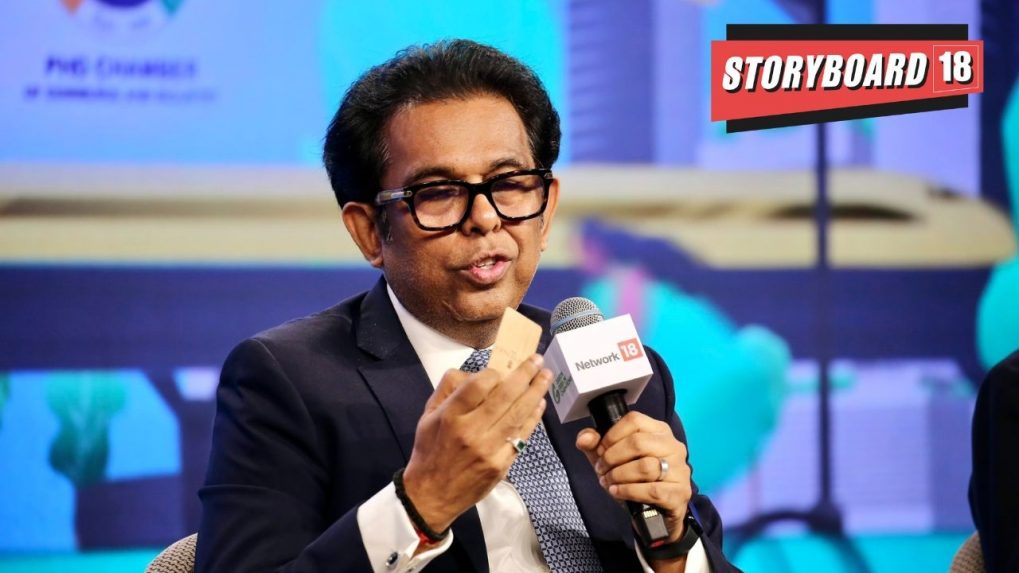Consumer Affairs Secretary Rohit Kumar Singh: "Menace of misleading ads has to be curbed"
Consumer Affairs Secretary Rohit Kumar Singh said, "We are concerned about misleading advertisements because we think that the rights of the consumers get adversely affected because you're promising something which is not there."
ADVERTISEMENT
As Consumer Affairs Secretary Rohit Kumar Singh preps to hand over the department to senior bureaucrat Nidhi Khare on March 31, he spoke with CNBC-TV18 on Patanjali’s misleading advertisement, surrogate ads and more. While addressing the crackdown by the judiciary on Patanjali and misleading ads, Singh said, "We are concerned about misleading advertisements because we think that the rights of the consumers get adversely affected because you're promising something which is not there. We keep a close eye on misleading advertisements. We also work with other agencies like Advertising Standard Council of India which are a source of information for us for misleading advertisements."
Singh added, "Overall the menace of misleading advertisement has to be curbed because under the Consumer Protection Act, it's misleading, it's an unfair trading practice and it needs to be curbed because a consumer cannot be taken for a ride."
Singh discussed surrogate ads for alcohol and said that industries like alcohol and tobacco try to circumvent the advertising regulation, whether it is banned and they try to use it as an extension of a brand."So we say no, you have to give us details of sales. CCPA, which I chair now, has just issued an order about a week back that they have to give us the value of the advertising on the extended brand, that is what is the actual revenue they get from the sales because any normal business practice will have you advertise in proportion of the revenues of that product. So if it is out of proportion, that means the surrogate advertising is being indulged into and that's an unfair trading practice."
Singh also shared his view on guidelines issued to regulate social media influencers and deep fakes. He said, "It's a very tricky thing to handle because we have seen the boom in terms of influencers and social media. We have only made very simple guidelines like do's and don'ts that you have to disclose. The consumer has the right to know that this is not your fair opinion, but you have taken money to say that, " and added, "If somebody is peddling a particular protein or a particular medicine on social media, then he has to disclose his or her qualifications. Are you a doctor? Are you a nutritionist?Are you trained in this? How are you saying this? We also wrote to SEBI, and SEBI is taking a lot of action on that, that if you are giving a financial advice, then you have to have a disclaimer and that space has to be very closely regulated because especially with artificial intelligence and deep fakes happening."
Singh shared that he was in a conference with the consumer protection judges and activists in Mumbai on the World Consumer day. "One lady from Punjab, a member of one of our commissions, said she also works on the social side. There are rural women in Fazilka district who have come to her and said we saw this video where Ratan Tata is saying you invest ₹2000 in this. And we know it is deep fake and how do you prevent that?"
"These are some of the challenges which will emerge in coming times, especially the use of deep fake, not just in investment, in elections etc. but in many other aspects. So we need to work extensively in this domain as to how the whole world is struggling with it. We also must realise that this regulation versus innovation debate is something the whole world is struggling with. If you regulate too much, then technology will not develop. If you regulate too less, then it is harmful."

